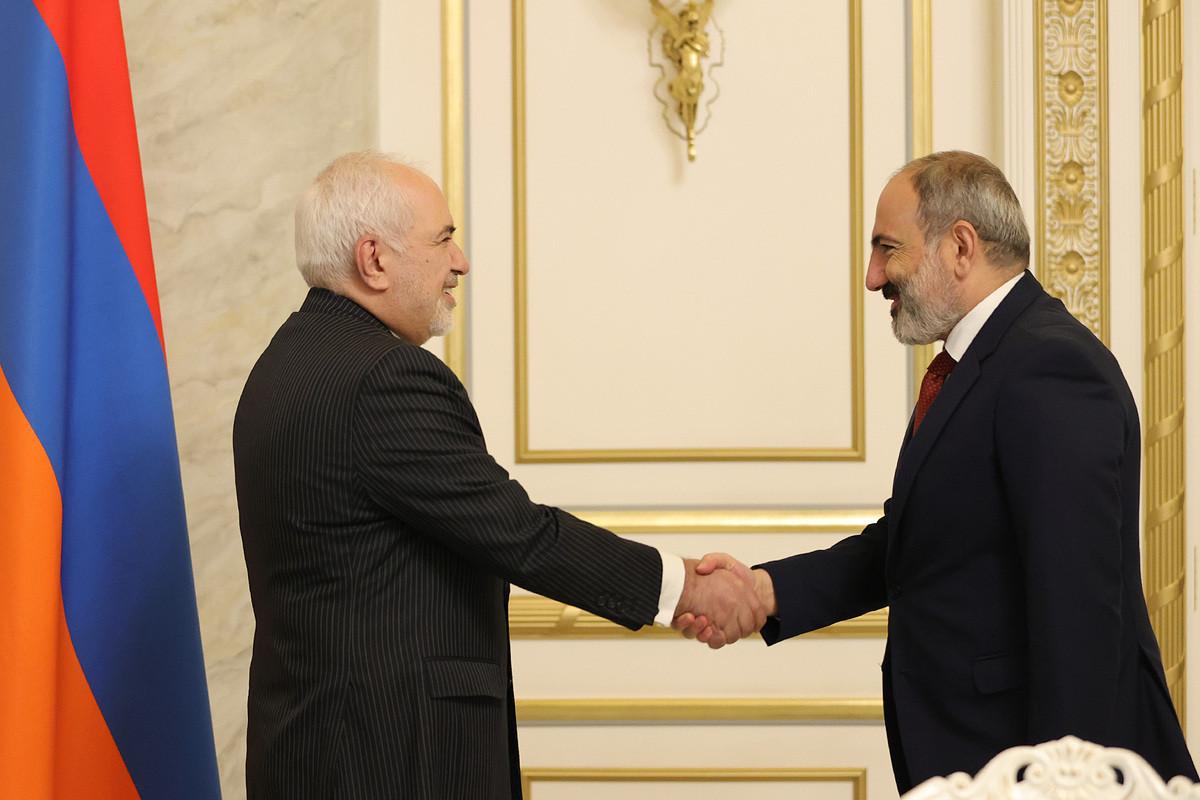
Iran’s Unfulfilled Karabakh Peace Plan: Former Iranian Diplomat Says Armenia at Fault
In a memoir “Audacity of Resilience: Reflections on Eight Years as Foreign Minister” published in Persian this spring, former Iranian Foreign Minister Javad Zarif reflects on his time as the top diplomat of Iran.
Zarif dedicated a separate section on Iran’s relations with the Caucasian countries, Turkey and Russia, which includes some remarks and insider details on Iran’s peace proposal during the Second Nagorno-Karabakh War in 2020.
In the memoir, Zarif says they predicted Azerbaijan’s military operation to capture Nagorno-Karabakh and Armenia’s total defeat, pinning the blame of Iran’s unfulfilled Nagorno-Karabakh peace plan on Armenia.
“After the events of 2020 and the humiliating defeat of Armenia, I visited Yerevan. Armenian authorities admitted that they could have reached a better agreement at that moment, but they were stubborn and did not even start serious negotiations. Our efforts and those of others were also ineffective.” Zarif writes in his book.
While Armenian PM Nikol Pashinyan’s Office refused Hetq's request to comment on Zarif’s account, an official well familiar with negotiations during the 2020 War provided additional context on Iran’s peace effort and Armenia’s response.
Iran’s Nagorno-Karabakh Peace Plan
While Iran announced its readiness to help resolve the conflict at the initial days of the war, the Iranian initiative - a plan to settle the Nagorno-Karabakh conflict - was formally announced at the end of October 2020.
The special diplomatic envoy led by Iran’s then Deputy Foreign Minister Abbas Araghchi first visited Baku and met with Azerbaijani President Ilham Aliyev, after which Aragchi traveled to Moscow where he shared Iran’s proposal with Russian Deputy Foreign Minister Andrey Rudenko. The envoy then traveled to Armenia and first met with former Armenian Foreign Minister Zohrab Mnatsakanyan followed by a meeting with Pashinyan. Araghchi concluded his tour with an official visit to Ankara where he met Turkish Deputy Foreign Minister Sedat Onal.
While concrete details of the plan were not published back then, Iran’s Karabakh peace plan was based on several principles which Zarif talked about in his memoir.
Iran stressed the withdrawal of all forces from all the occupied territories, the opening of regional communications, the protection of the rights of ethnic minorities, the restoration of the land road between Nakhichevan and Azerbaijan with the support of Tehran, and the operation of a direct corridor from Armenia to Nagorno-Karabakh.
Following Araghchi’s tour, the leader of the Islamic Revolution of Iran Ayatollah Seyed Ali Khamenei briefly spoke about Iran’s plan in a televised speech.
Khamenei said the return and liberation of the territories seized by Armenia was “an essential condition” for peace. Azerbaijan’s Ministry of Foreign Affairs (MFA) welcomed these remarks.
Despite openly supporting the principle of territorial integrity and Azerbaijan’s intent to take over Nagorno-Karabakh, Iran balanced its position by also speaking about the rights of minorities. In the same speech, Khamenei said the security of Armenians in Nagorno-Karabakh “must be ensured”.
Khamenei also warned that Iran would not tolerate the presence of “terrorist groups” in proximity to Iran’s northern borders. This warning followed Armenian and international media reports that Azerbaijan deployed militant mercenary groups from Syria to fight Armenians in Nagorno-Karabakh.
Zarif Pins Failure of Iran’s Peace Plan on Armenia
Even though, in 2020, Zarif said Araghchi held “very successful” talks during the tour and that Iran was “waiting for a response from the four countries in a short time to finalize the plan in a way that is accepted by all and paves the way for resolving the crisis”, he paints a slightly different picture in his memoir.
Zarif claims Armenia was the main obstacle for the implementation of Iran’s peace plan.
According to the diplomat, both Azerbaijan and Turkey expressed their readiness to discuss their proposal, but Armenia rejected it, while Russia did not respond at all.
“The most important obstacle to the implementation of Iran's first proposal presented by Araghchi was the strategic mistake of the Armenians. They did not accept the offer of a dignified truce when they had not yet lost the war," Zarif says in his memoir.
The former foreign minister recounts Pashinyan’s reaction to Araghchi’s proposal during their meeting. According to Zarif, Pashinyan bluntly said to him (Araghchi) “you want to force Armenia to accept defeat.” Zarif writes that Araghchi was able to diplomatically calm down Pashinian “so that he would not think so”.
Zarif writes Iran also proposed a tripartite Iran-Turkey-Russia meeting on Nagorno-Karabakh. This format had first been proposed by Russian Foreign Minister Lavrov, however Russia did not follow up and later pursued a similar proposal by removing Iran and including Turkey instead.
“Turkey and Russia were also present in the ceasefire monitoring room [Russia and Turkey established a joint center for monitoring the ceasefire and military operations in Nagorno-Karabakh after trilateral statement signed on November 10 that ended the Second Nagorno-Karabakh War-auth.], although the troops were all Russian. We have repeatedly raised the necessity of Iran's presence with other parties. Azeris and Armenians agreed, Turks had no objection. But Russia saw this presence as unnecessary," Zarif writes in his memoir.
Pashinyan’s Office Silent as an Official Refutes Zarif’s Account
Hetq sent a request for comment to PM Pashinyan’s office regarding Zarif’s claims. We asked Pashinyan to comment on his meeting with Mr. Araghchi and whether Zarif’s claims on his response to Araghchi were true. Pashinyan’s office told us they do not wish to comment on the issue.
An official well familiar with Armenia’s negotiations during the war told Hetq they were not convinced by Zarif’s claims that both Turkey and Azerbaijan agreed to Iran’s proposals right away.
According to them, contrary to the Zarif’s accounts in the memoir, Armenia did not explicitly reject Iran’s peace proposals, but had clearly communicated that Armenia believed the settlement of Nagorno-Karabakh conflict should be via OSCE Minsk Group - an international effort specifically established to achieve negotiated resolution to the conflict.
“Establishment of ceasefire was the top priority back then, and while Iran’s initiative was largely seen as a positive effort, the proposal itself rather concentrated on agreeing on the set of principles and establishing the ceasefire after that. This could drag the process. Armenia preferred to use existing mechanisms and formats to establish a ceasefire as soon as possible," the official told Hetq.
During the course of the war, Armenia and Azerbaijan agreed to hold a ceasefire several times.
Most notably, the 12-hour truce talks and adoption of a joint statement in Moscow on October 9-10, a ceasefire agreement mediated by OSCE Minsk group and backed by Macron on October 17, a humanitarian truce on October 25 after the meetings of diplomatic envoys in DC, followed by truce talks in Geneva on October 30 mediated by OSCE Minsk Group co-chairs.
After negotiations, Azerbaijan would then agree to hold a truce, however Armenia claimed Azerbaijan did not comply with the agreements, sometimes even hours after the agreed time. Azerbaijan mirrored Armenian claims and blamed ceasefire violations on Armenia.
“Araghchi arrived in Armenia a day before the negotiations of Armenian and Azerbaijani ministers mediated by OSCE Minsk Group co-chairs in Geneva which had been agreed in advance. At this time Armenia could not immediately opt for two parallel formats of settlement of the conflict with different actors," the official told Hetq.
Hetq asked the Armenian Foreign Ministry to comment on Zarif’s claims and provide details of the meetings between Araghchi’s envoy and the ministry. The ministry requested additional time (30 days) to prepare an answer.
Iran in a Changing Geopolitical Landscape of South Caucasus
Both after the 2020 War and the subsequent exodus of 120,000 Armenians from Nagorno-Karabakh in 2023, various high-ranking Iranian officials, including Zarif himself, reacted to the incursions of Azerbaijani military forces in Armenia’s Syunik province and military escalations on the Armenia-Azerbaijan border.
Iran warned Azerbaijan against military aggression and said any shift of internationally recognized borders is a red line for Tehran. As a message to Azerbaijan and Turkey, Iran opened a consulate in Armenia’s southernmost province Syunik in 2022.
Despite a brief period of stalled relations caused by the 2023 armed attack on Azerbaijan’s embassy in Tehran, the two countries signed an agreement to construct a rail link that will connect Azerbaijani exclave Nakhichevan to Azerbaijan via Iranian territory.
Also known as the Aras corridor, this new transit is seen as an Iranian alternative to the Zangezur corridor - an exterritorial corridor passing through Armenia’s Syunik province that Azerbaijan has been fervently pushing for since capturing Nagorno-Karabakh.
Map by anwaj.media
Israel’s war on Gaza, the recent events in the broader region that have further escalated Iran-Israel relations, and Azerbaijan’s strategic relations with Israel could quickly shift Iran’s policy in the South Caucasus.
As the Armenian government deepens ties with the West to diversify its security system, these attempts have engendered concerns in Iran.
In early 2024, Pashinyan acknowledged that Armenia’s deepening ties with the West have caused tensions in Iran. “Our good relations with Iran are causing tensions in some places, while our good relations with other countries are causing tensions in Iran,” Pashinyan said during a visit to Germany.
Both former Iranian President Raisi and other Iranian officials have warned Armenia against allowing “outsiders” to interfere in regional affairs numerous times.
Iran, however, remains engaged in supporting Armenia’s sovereignty and preserving a balanced security in the South Caucasus.
 Videos
Videos Photos
Photos
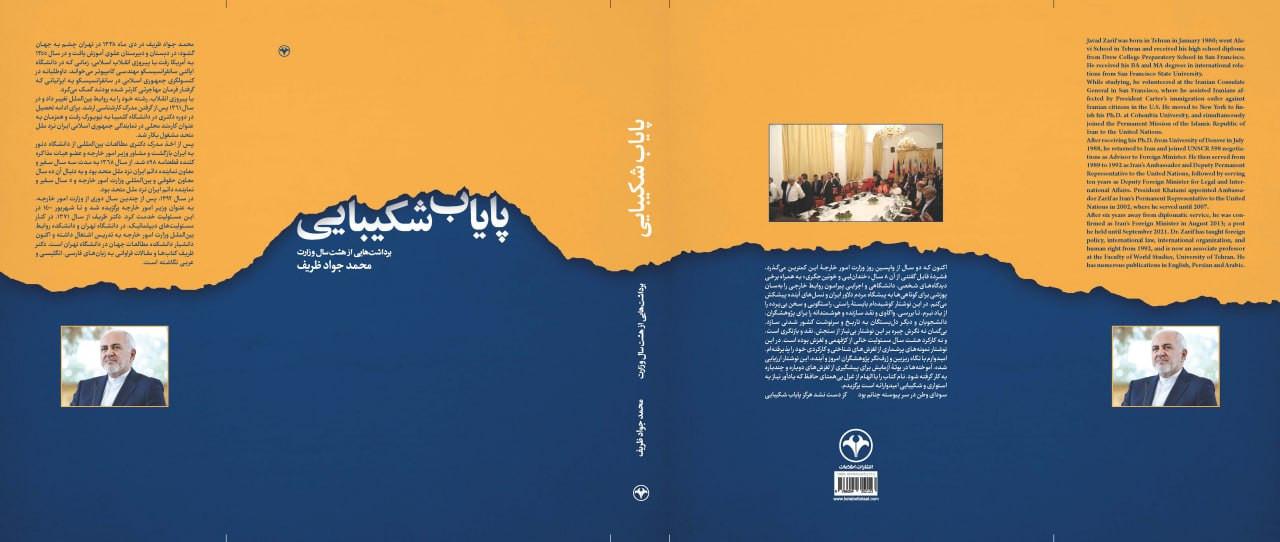
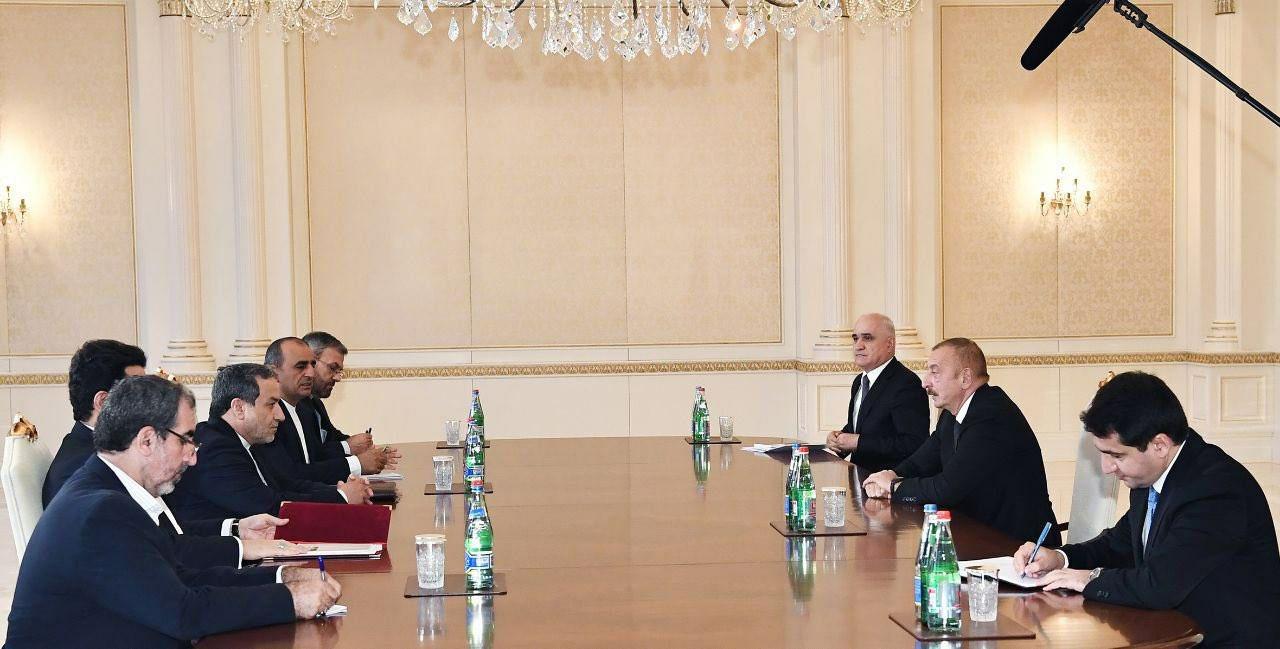
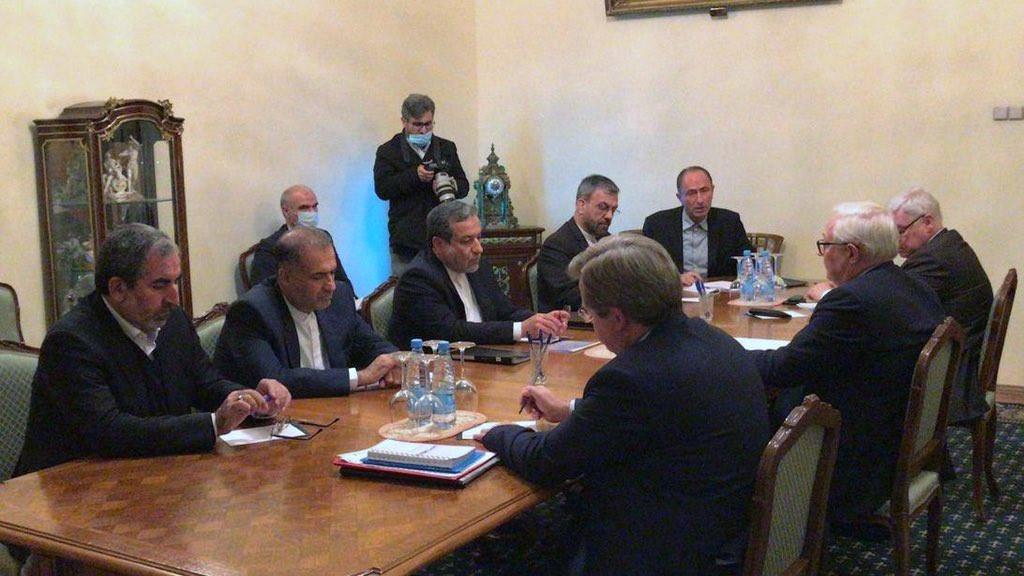
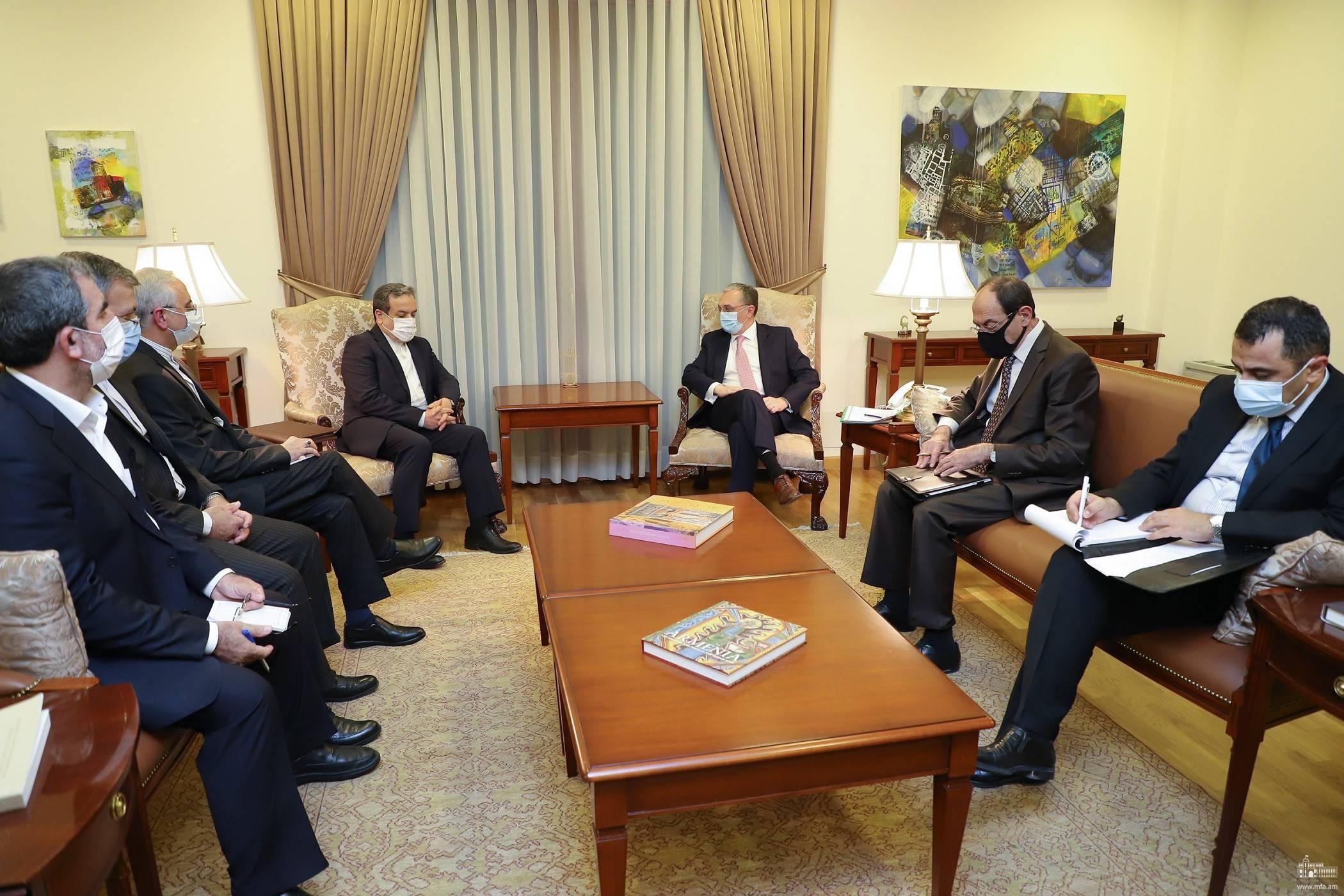
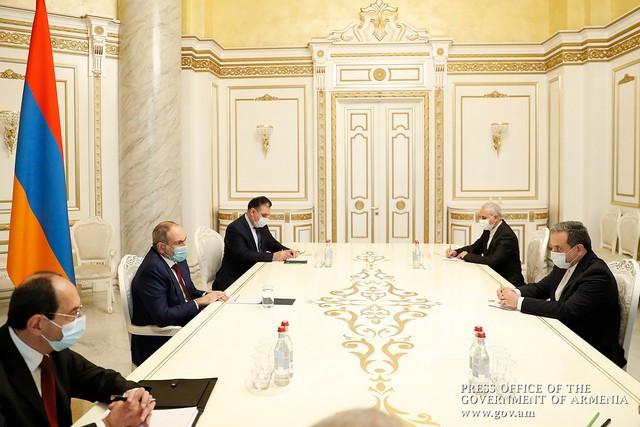
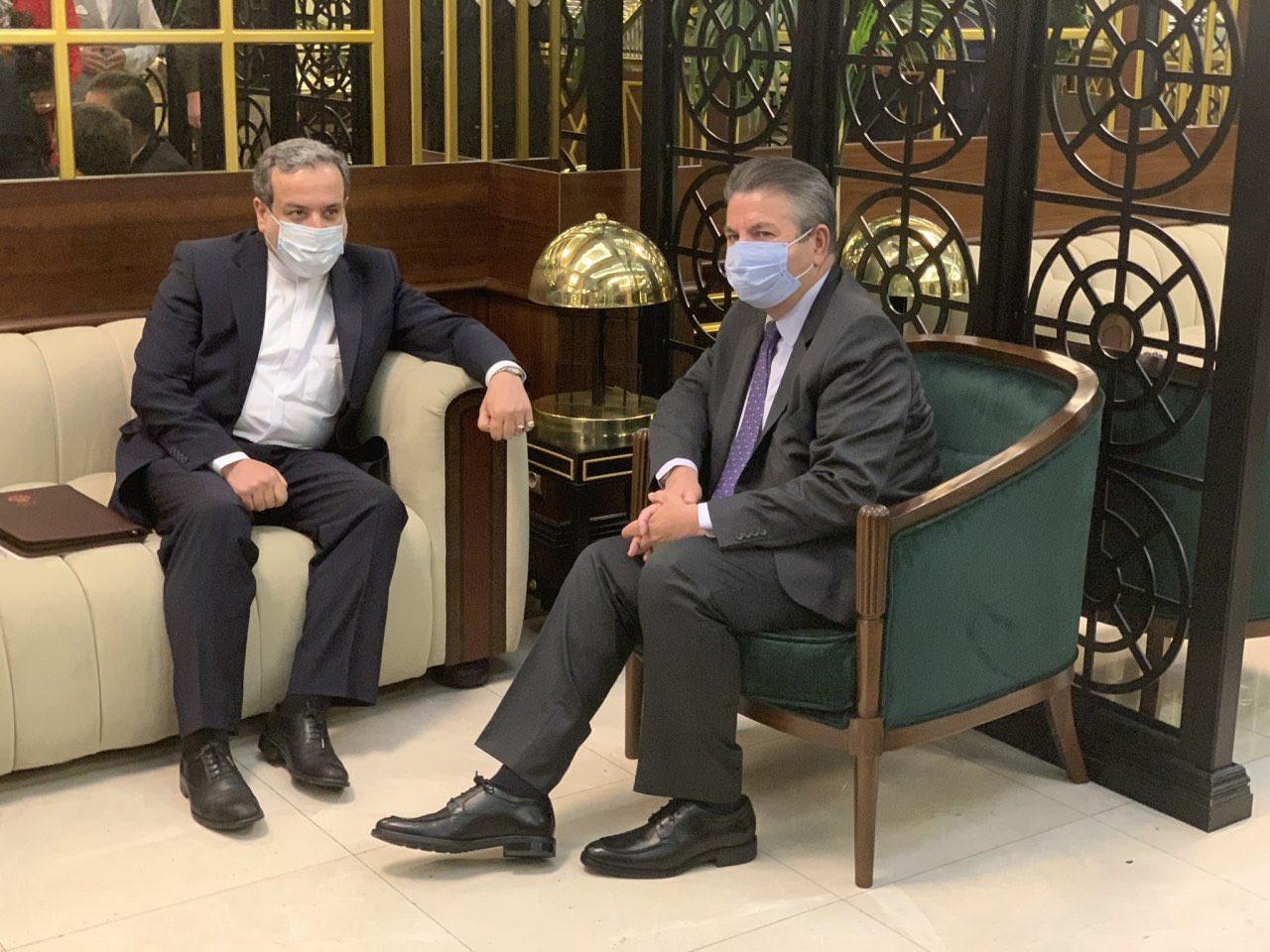
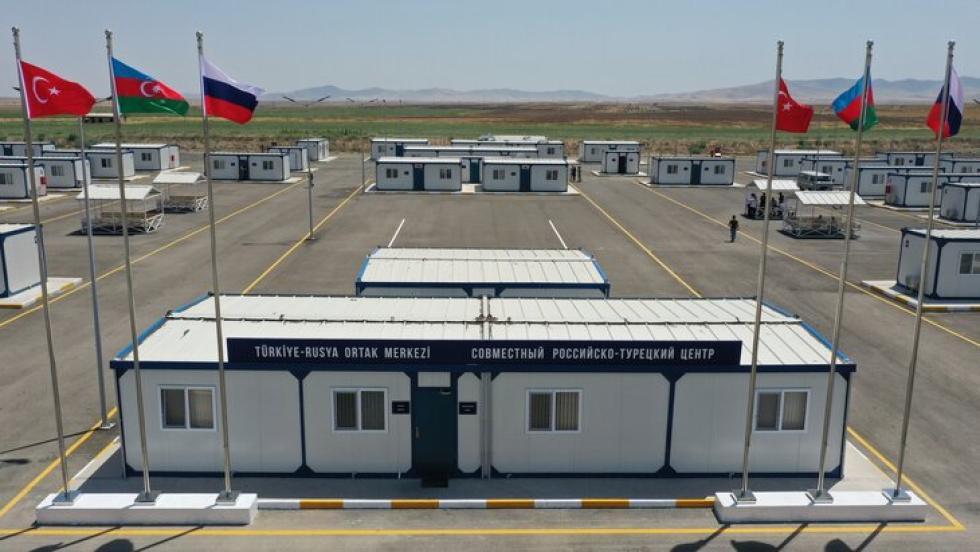
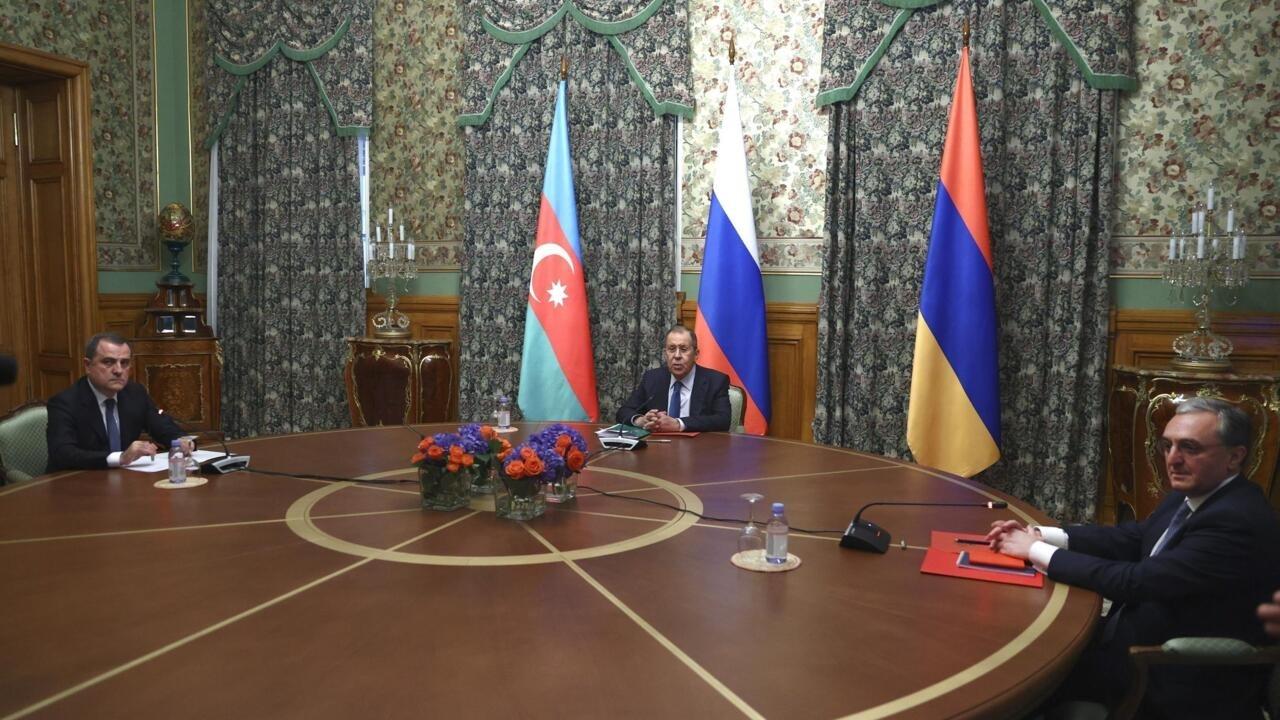
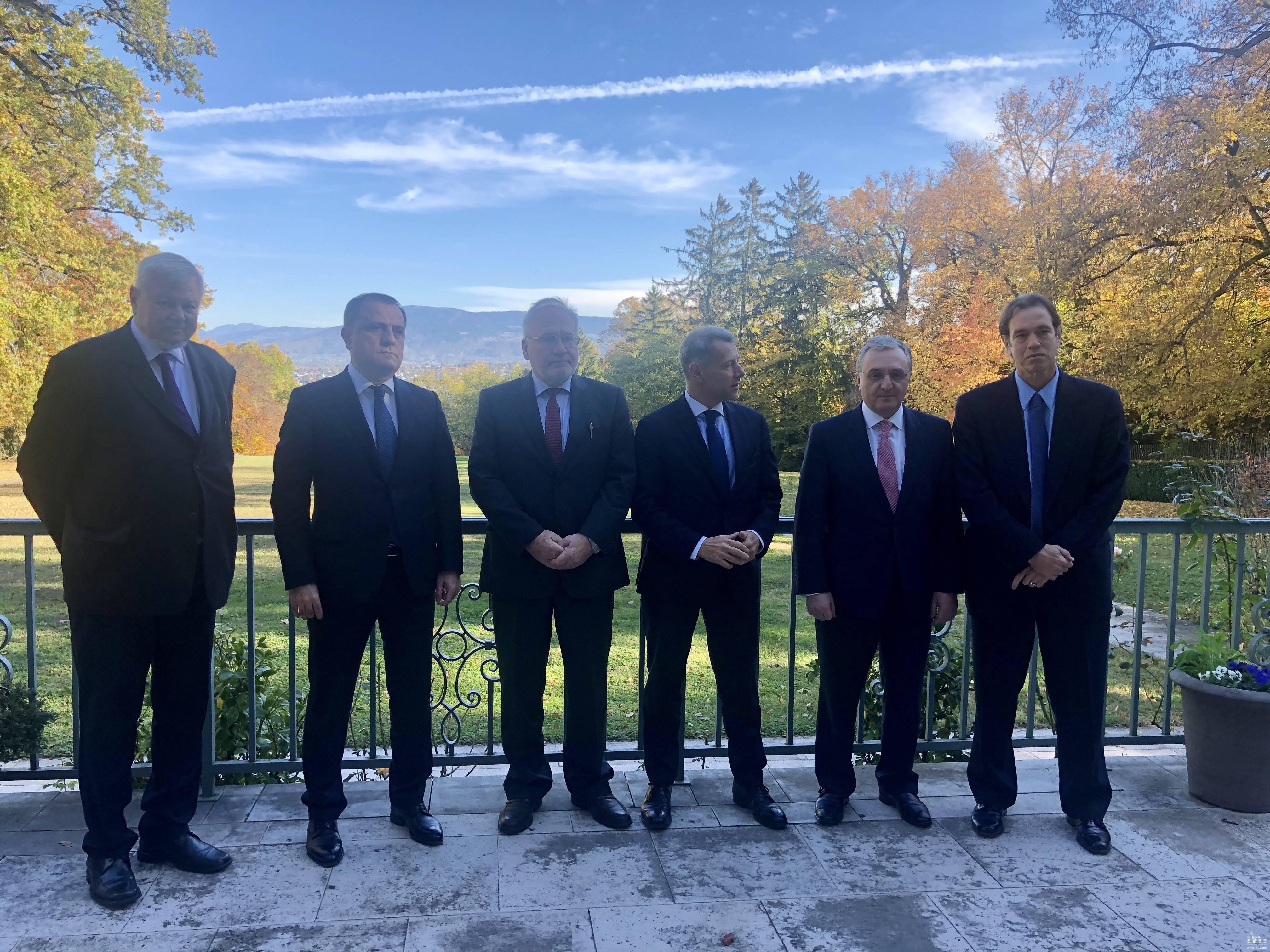
Comments (7)
Write a comment